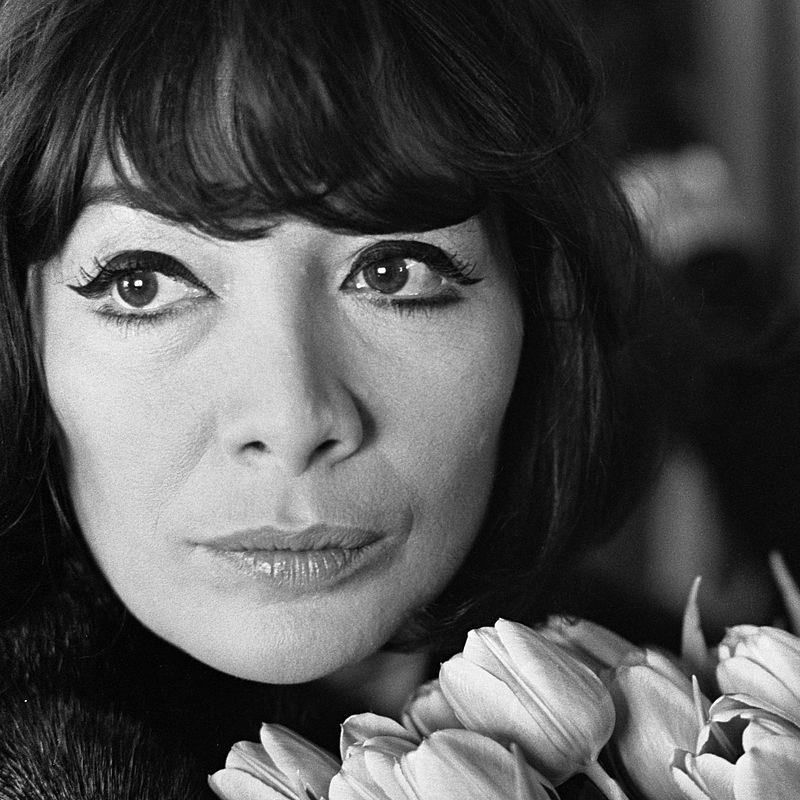What do you think?
Rate this book


160 pages, Paperback
First published April 1, 2016






It is the absence of meaning in what one lives, at the moment one lives it, which multiplies the possibilities of writing.
The memory of what I have written is already fading. I do not know what this piece of writing is. Even the thing I was pursuing by writing this book has dissolved.
"No tiene un yo determinado sino varios yo que pasan de un libro a otro" (34)
"No construyo un personaje de ficción. Deconstruyo la chica que fui" (71)
"En el fondo solo hay dos clases de literatura, la que representa y la que busca" (127)